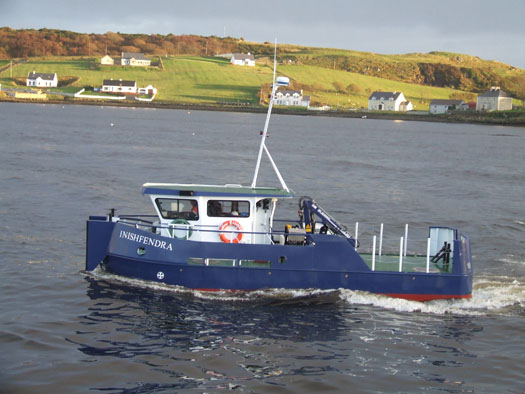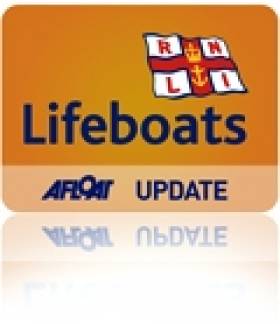Displaying items by tag: Design
Sea Trials Won't Weather New Shannon Class Lifeboat
#Lifeboats - The video above shows off a prototype of the RNLI's new lifeboat class, the Shannon, as it undergoes sea trials to determine how it handles the rough weather all too common to the seas around the UK and Ireland.
As previously reported on Afloat.ie, Irish naval architect Peter Eyre has been instrumental in the new lifeboat design, which is nearly 50% faster than the vessels currently in service.
It's also the second RNLI boat to be designed by an Irishman, after the Atlantic 21 developed in the 1970s by Cork-born Rear Admiral Desmond Hoare at the Atlantic College in Wales.
In other RNLI news, tributes were paid in the Isle of Man this week to the founder of the lifeboat institution in an annual ceremony on the Irish Sea island.
As BBC News reports, Sir William Hillary launched an appeal in 1824 that let to the formation of the RNLI, and he went on to serve as a member of the lifeboat crew at Douglas.
New Tug for Shannon-Erne Waterway
#INLAND WATERWAYS - Waterways Ireland has taken delivery of its third tug boat from Mooney Boats of Killybegs.
Designed by Marine Design International, the Inish Fendra is an 11.2-metre LOA steel-built tug which has been specifically tailored for operation on the Shannon-Erne waterway system.
Its design bears many similarities to the Inis Muillin, which was delivered by Mooney Boats in 2010.

The new tug, Inisfendra built by Mooney Boats of Donegal
According to Maritime Journal, the design process "involved significant input from the vessel operators and managers combined with the latest technology and ideas from the designers and builders to improve on efficiency" and safety.
A key feature of the Inish Fendra is its 3,500-litre ballast tank and pumping system, which is operated by the push of a button and can reduce the vessel's air draft by 0.2m.
Maritime Journal has much more on the Inish Fendra HERE.

























































